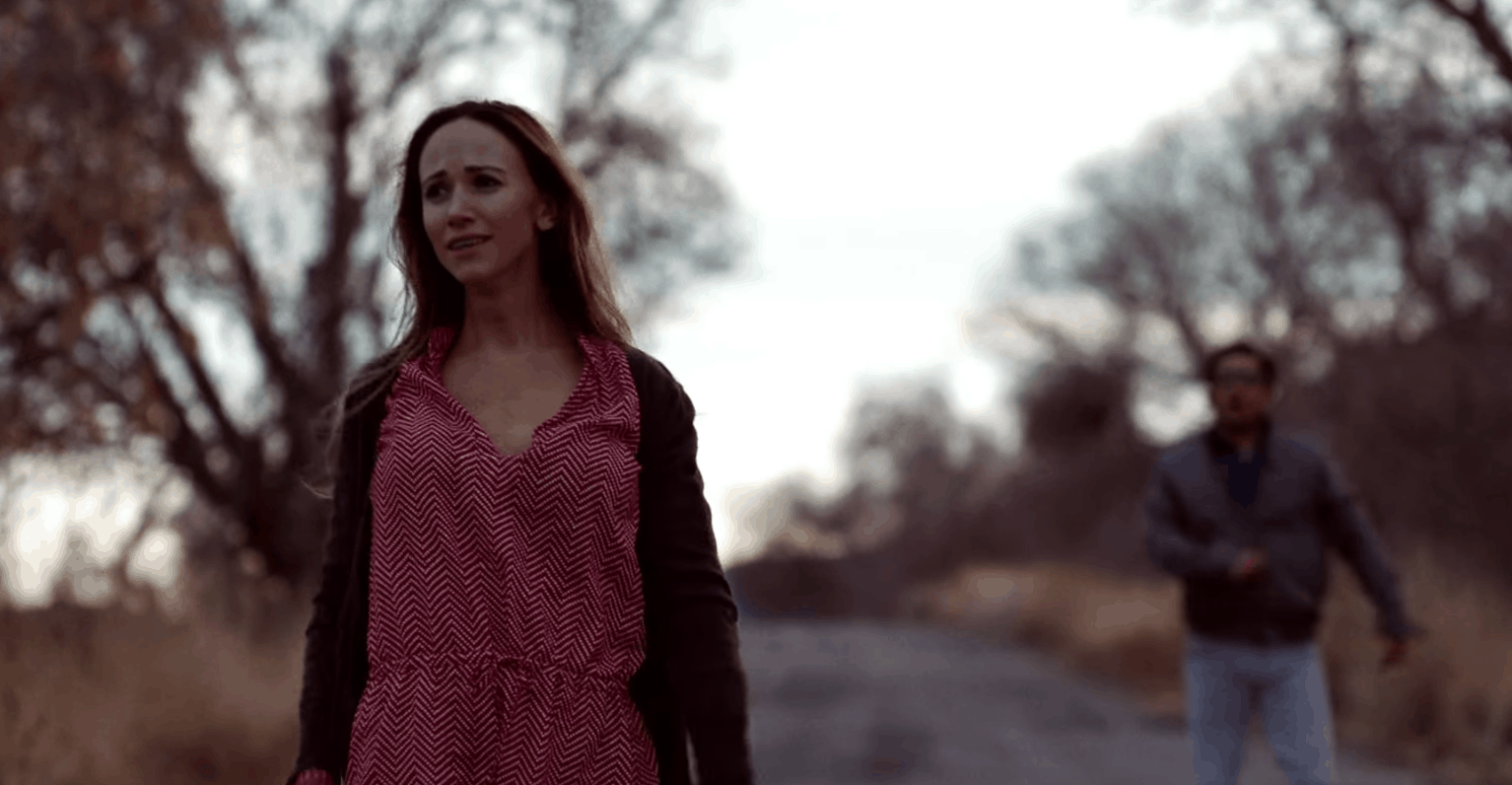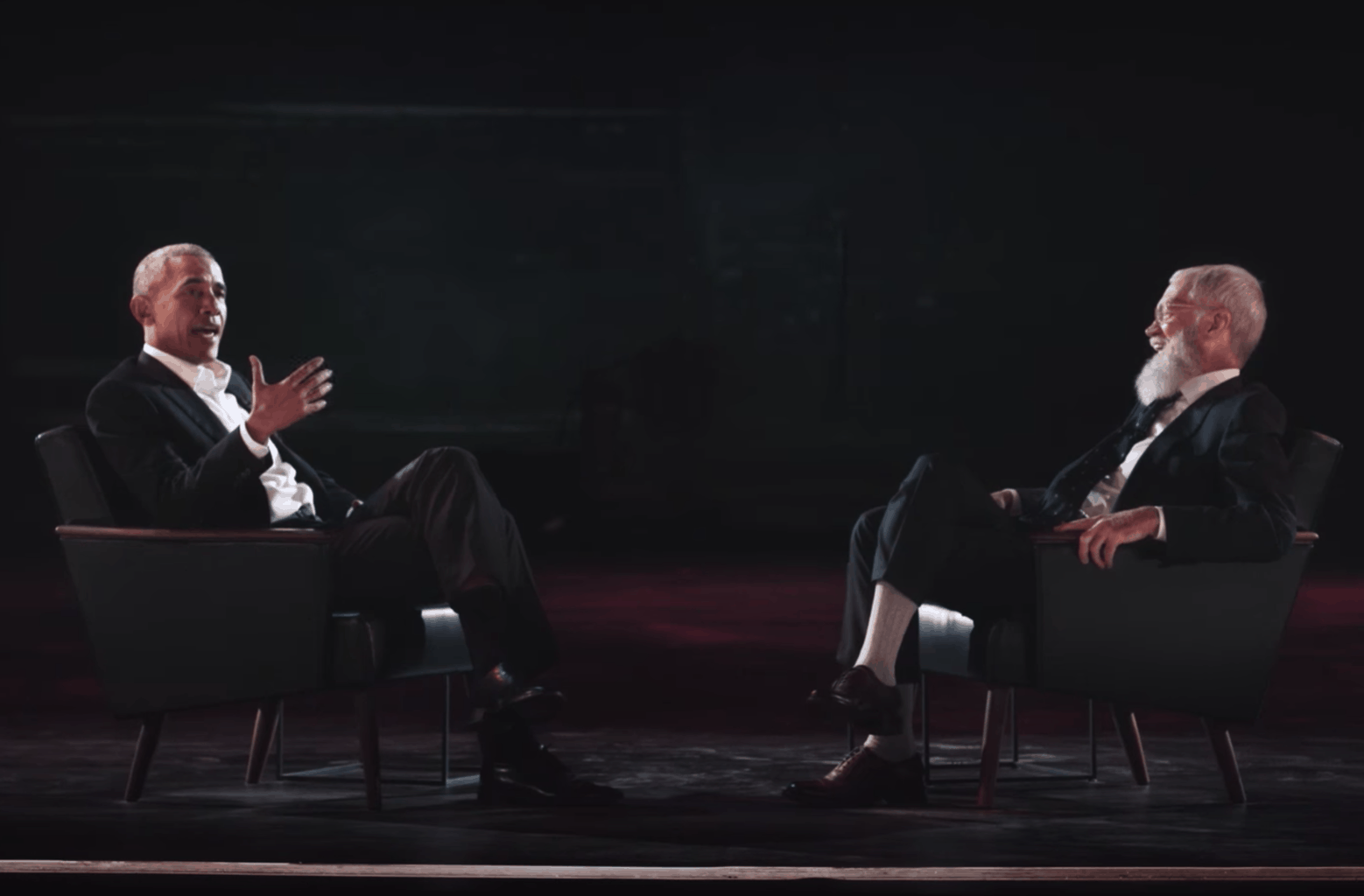
I was in elementary school the first time a doctor told me that the reason I had not been feeling well was because of “stress.” Years later, as a teenager, I sat next to my mom in a small hospital room during a battery of tests to determine the cause of my frequent stomach pain. “Everything is fine,” they said. “It’s just stress.”
That cycle repeated in different seasons throughout high school and college. During times of high stress, my mind and my body gave conflicting accounts. Emotionally, I seemed to handle it with ease. I said I was “fine,” and I believed it. But the shortness of breath began around breakfast, my chest would ache by lunch, and before dinner rolled around, I was overwhelmed by another headache. I’d go to bed exhausted, but wake up a few hours later and struggle to get back to sleep.
“It’s just stress.” “Just trust God.” “Stop worrying.”
Our responses to anxiety, however well-intentioned, are often so flippant that they fail to capture the complexity of the experience and the value of its meaning.
For some, anxiety is occasional. For others, it can be chronic. A combination of genes, history and environment leave some of us particularly vulnerable to it and others further removed. While the scope and severity will vary from person to person, the experience is universal. We will each endure times of high stress, worry and tension. It is not a matter of if we will experience anxiety, but how we will respond when it comes.
ANXIETY IS THE MESSENGER, NOT THE PROBLEM
There is a small leak in my roof that drips water into the attic during heavy rain. My husband and I didn’t know the leak was there until a water spot appeared on the ceiling of our dining room. When I first saw the dark stain creeping toward a light fixture, I assumed it was leftover from the previous owner. When another rain came through and the mark grew larger, we knew there was a problem. And now it can be addressed.
Anxiety is a water spot. It is not the central problem, but is instead an indicator of trouble. It shines a light on the truth that something, somewhere, isn’t as it should be. The longer we ignore it, the bigger the spot becomes. We can paint over it and look the other way, but if we don’t address the broken source, the problem only multiplies.
As Christians, we tend to over simplify anxiety as a matter of faith and equate it with fear or a lack of trust in God’s sovereignty (as if those were “simple” questions to wrestle with). Fear can be a significant piece of what we experience when we are anxious, but it is only one dimension of a nuanced picture.
Assuming all anxiety is an issue of faith can cause us to miss the source of the leak.
God designed our minds, bodies and souls to work together cohesively, both in worship and in service (Matthew 22:37). When tension occurs in one part of our being, we feel its effect throughout the whole.
“Anxiety persists, as the wrenching experience of [the] spirit’s urging to search their depths … Even overwhelming anxiety is an ally. It powerfully confronts one with the fact that something inwardly is awry.” -H. Newton Maloney, PhD.
It is the troublesome messenger, not the actual problem. It asks us to be honest about the truth of who we are, the truth in our relationships, and the truth of our spiritual lives. Anxiety makes us confront our human limitations. It challenges our inconsistencies and invites us take a sincere look at our vulnerabilities, humbly and transparently.
Psychologist and Christian writer Dr. Clinton McLemore wrote about our propensity to look the other way, and challenged us to seek truth instead. “God, however, is truthful, and to truthfulness he call us.”
***
Relentless fear can be a central theme in anxious thoughts and experiences, and it is a place that God is intimately present with us. What are the other reasons we might experience anxiety? Where else could the “leak” be coming from?
We need a better filter.
True. Noble. Right. Pure. Lovely. Admirable. These are the things toward which Paul encourages the Church in Philippi to set their minds (Philippians 4:8). When anxiety begins to increase, it may be an indication that we need to more carefully choose where we focus our energy and attention. Setting limits for social media, rethinking what or how much we watch on TV, developing healthy boundaries for when and how we consume news—each of these are small steps we can take toward developing a better filter.
Our limits are being ignored.
We are finite beings. We have limited time, ability, intelligence, energy, creativity and relational capacity. Especially for those of us who are high achievers by nature, pushing the boundaries of our own limitations can be such a thrill that we fail to see when we’ve pushed too far (or too fast). Honoring our boundaries—and expecting that others honor our boundaries—is a sign of good health and spiritual maturity. Set and respect your limits, and then let your “yes be yes” and your “no be no.”
Big emotions need space.
Two of the most anxious seasons of my life were during seasons of immense grief. I tried to shuffle past the loss and move on while still deeply mourning. The vacuum of space to process left me anxious. Grief. Anger. Fear. Leaving space for painful, frightening, traumatic emotions to be held is vital for mental and spiritual health. God longs to meet us in our darkest places, with the full weight of whatever we need to bring with us.
We have isolated ourselves.
We were made to live in community, to share both our highlights and our pain with one another. Reconnect. Stay plugged in. Let others be a part of your story. Where the relationship itself is the source of anxiety, be honest and be present to address it.
***
When anxiety rises to the surface, like that water spot on the ceiling, begin with the non-anxious presence of God. Listen carefully and honestly, seeking truth in yourself and your relationships. Allow reflection to lead to action that does not simply suppress the anxiousness, but addresses the source of the trouble.
Talk to a friend. Call a counselor. Have the conversation you’ve avoided. Look at the stain on the ceiling with a desire to seek the truth; and walk forward in the freedom and protection of a God who already knows and loves you fully.






















